Peersupport
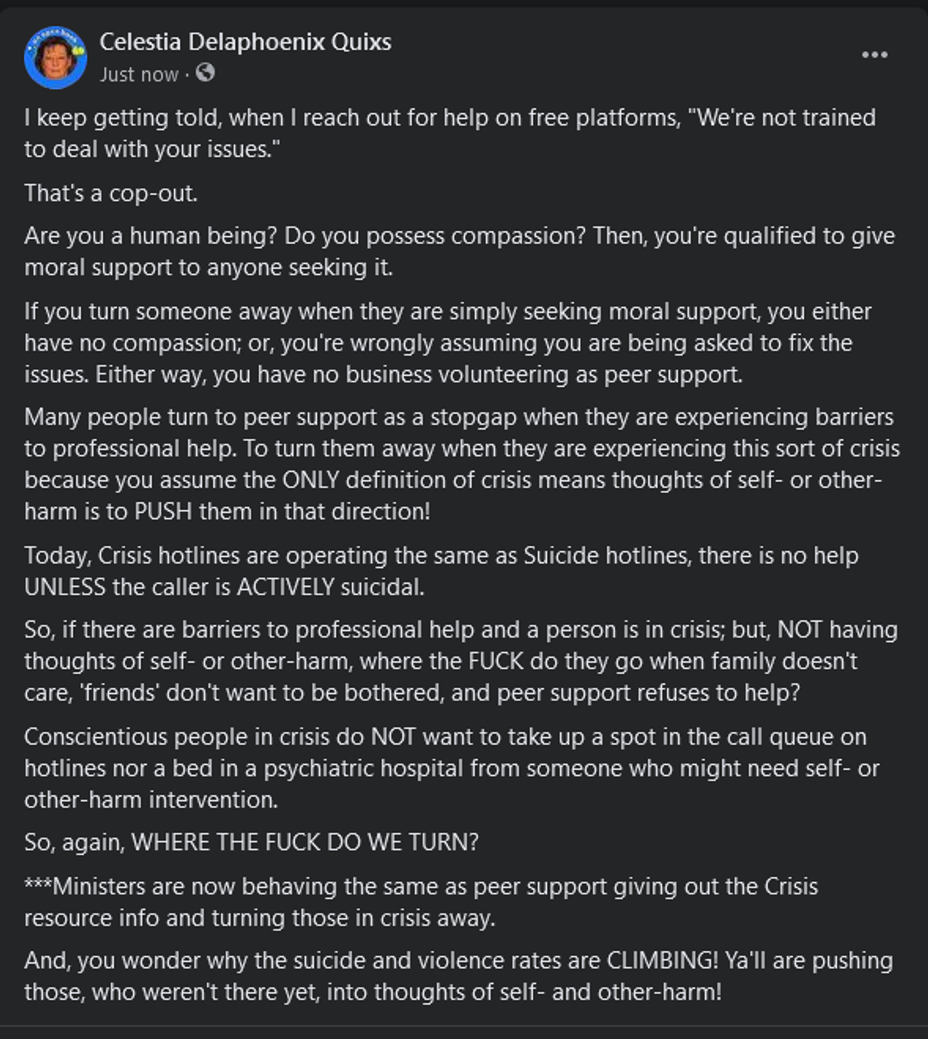
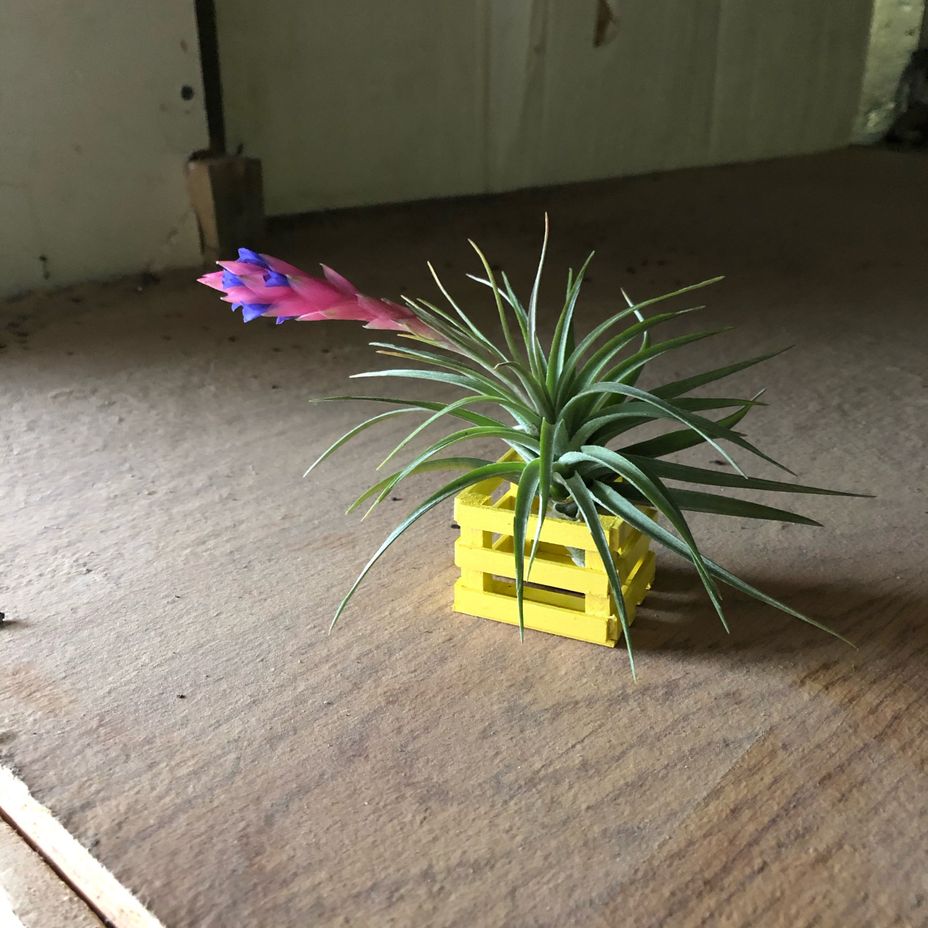
I think I finally hit a significant turning point in this bout of intense symptoms. I’m still scared for my health in general, how it affects my family, and for the next intense physical thing that might happen but, right now, I am glad to feel relief.
~
I’m sorry for posting so much. I guess I find it helpful when I’m stuck in something, can’t do anything and have to just let time pass as my body slowly recovers. My symptoms kept me from being able to sleep, so I had a lot of time just awake and struggling.
~
I hope others are finding some relief too. It’s hard whenever we feel stuck, whether it’s physical, mental or both.
I'm new here!
Hi, my name is Emma. I'm here because I've found myself at a point where I'm lacking peers and community. I want to move towards more stability and wellness within myself and in my life and that feels like such a huge mountain to climb on my own. Growth is important to me and I've realised I need people to grow with. Lately I've felt like mental health symptoms have taken over to the point where it's all I can do to keep my head above water every day. I'm hoping to find resources, learning, connections, and skills that will help me to go from just coping to thriving and actually enjoying life again. And I feel like it would be really rewarding to be supporting others in their journeys as well!
#Peersupport #ADHD #MentalHealth #CheerMeOn #Diabetes #BorderlinePersonalityDisorder #DBT #CBT #Therapy #ComplexPosttraumaticStressDisorder #CPTSD #Recovery #MightyTogether #EatingDisorders #PMDD #PremenstrualDysphoricDisorder #Relationships #Trauma #Anxiety #Depression #Neurodiversity #Autism #MentalHealthAwareness #Disability
Why the Medical Model Can’t ‘Cure’ Me as a Person With schizophrenia
I was diagnosed with schizophrenia when I was 18 after years of struggling with severe depression, anxiety, and at the time undiagnosed PTSD.
After I was diagnosed, like many people with severe and complex mental illness, I put my faith into medical professionals and what they thought was best for me. Some told me I would never get better, some pumped me full of antipsychotics until I couldn’t walk or stay awake. Some told me it was my fault that I wasn’t getting better. But I did what they said. I believed everything they were telling me. “It must be my fault” I thought…
I have also had good experiences with psychiatrists who have helped me in so many ways and believed I could get better when nobody else did, including myself. My current psychiatrist is brilliant and really cares about my wellbeing and includes me in decisions regarding my treatment. What helped me most was them holding the hope for my recovery until I could grasp it myself.
However, the best thing for my recovery wasn’t the medication and psychiatry (although it definitely played a role). The best thing for me was realising that I was capable of doing things other than being a patient, and that came from getting involved in mental health advocacy and the lived/living experience movement. I realised that my story is powerful and I can use it to help people.
I first got involved with headspace (Australia’s national youth mental health organisation) as a volunteer. I was then selected to be part of their national youth reference group. That’s when I got involved in advocacy at a national level and my life changed forever.
I have since gone on to share my story publicly many times, and I have also become a Peer Worker which is incredibly rewarding. I have also recently founded a nonprofit organisation called ‘Peers With Psychosis Australia’ with the aim of empowering people with psychosis to get involved in mental health advocacy, activism, and community.
Without finding my passion in life, there is no way I would be where I am now in my recovery and professional life. In order to find that passion I needed support from others, and I got that from the advocacy community. I have met many amazing advocates over the years and they showed me that I could do it too. I stand on the shoulders of giants.
The medical model has definitely played a role in my recovery, but I think that if that was the only support I was given, I would merely be existing. With the support of my peers I am thriving. I’m still on my recovery journey, and I think for me that’s a lifelong process, but I have realised that I don’t have to be completely free of symptoms to live a meaningful life.
People with schizophrenia need wrap-around, holistic support and treatment. We need help so we can help ourselves. I’ve found my passion and purpose in life after years of feeling like I had nothing to look forward to and nothing to live for. I want to give people like me that same opportunity.
#Schizophrenia #MentalHealth #treatment #Recovery #Peersupport
Anyone want to chat with me/be an online caregiver? Most pressing issues currently: Schizoaffective. dissociative disorder. Anorexic. Suicidal.
#BipolarDisorder #Depression #Suicide #SchizoaffectiveDisorder #dissociativedisorders #SuicidalThoughts #SuicidalIdeation #Peersupport #Support #help #Caregiving #Caregivers #DissociationDisorders #SchizophreniaSpectrumPsychoticDisorders
Anyone wanna be my milf plz
#milf #Bisexual #bored #mentallyill #Caregiving #Peersupport #Support #SchizoaffectiveDisorder #dissociativedisorders #milfwelcome
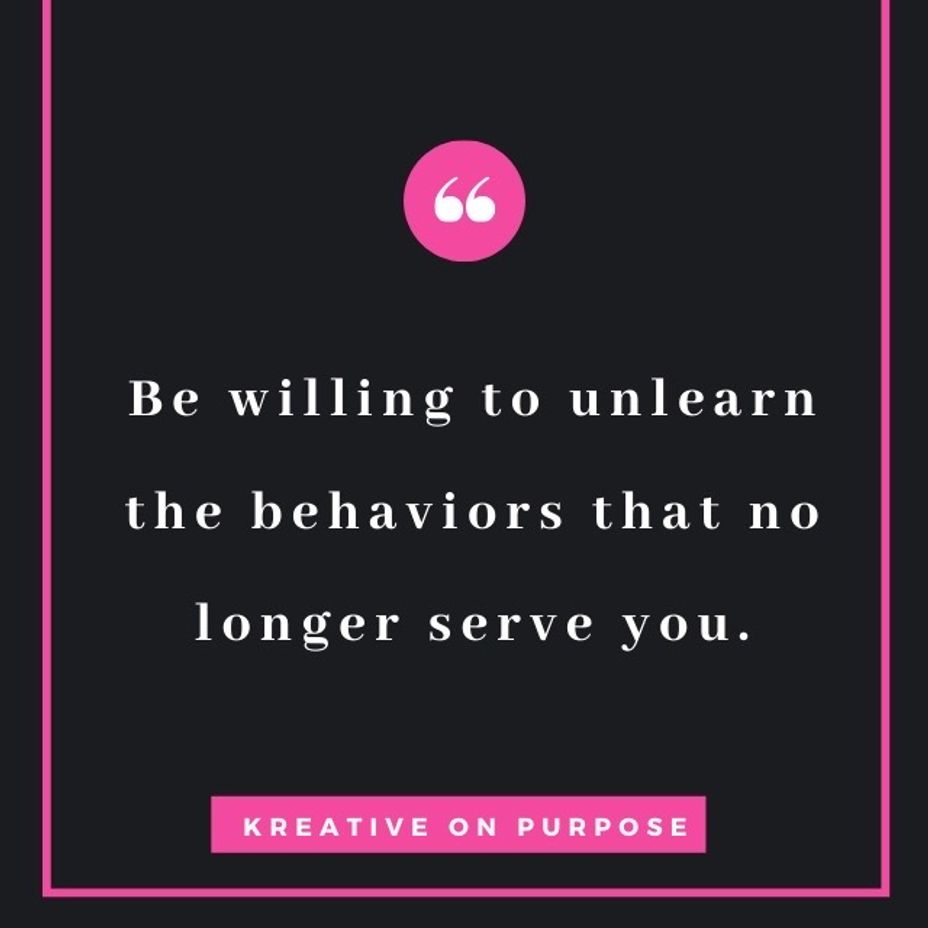
Feeling My Feelings
Hey Mighties! It’s been a while since I’ve posted. I’ve been super busy and have some exciting news to share. In addition to my role at The Mighty, I’ve been building a nonprofit for women and girls who are struggling in areas like self-esteem, self-belief, self-respect and self-care, which happens to be the core values of my nonprofit. Kreative On Purpose has many layers to it but overall it helps you to discover creative ways of attaining and maintaining mental wellness. Anyhow, I’m in my feelings today because there was a moment when I heard that voice that tells me I can’t handle it. The negative self-talk that tries to convince me that I’m not good enough, maybe you can relate. I don’t have a problem admitting my struggles, challenges or defeats because I’m not perfect. I don’t portray to be. Well, I told that negative self-talk to f*ck off because there are women and girls out there who need authentic guidance, honest feedback and lived experience they can relate to. So, here I am. And, Kreative On Purpose is ready to serve. I am too! Look us up here on The Mighty and other platforms. Thanks for always being here to have a space for us to vent a bit. Sending light and love to you! #CheckInWithMe #MentalHealth #ChronicIllness #Peersupport #KreativeOnPurpose
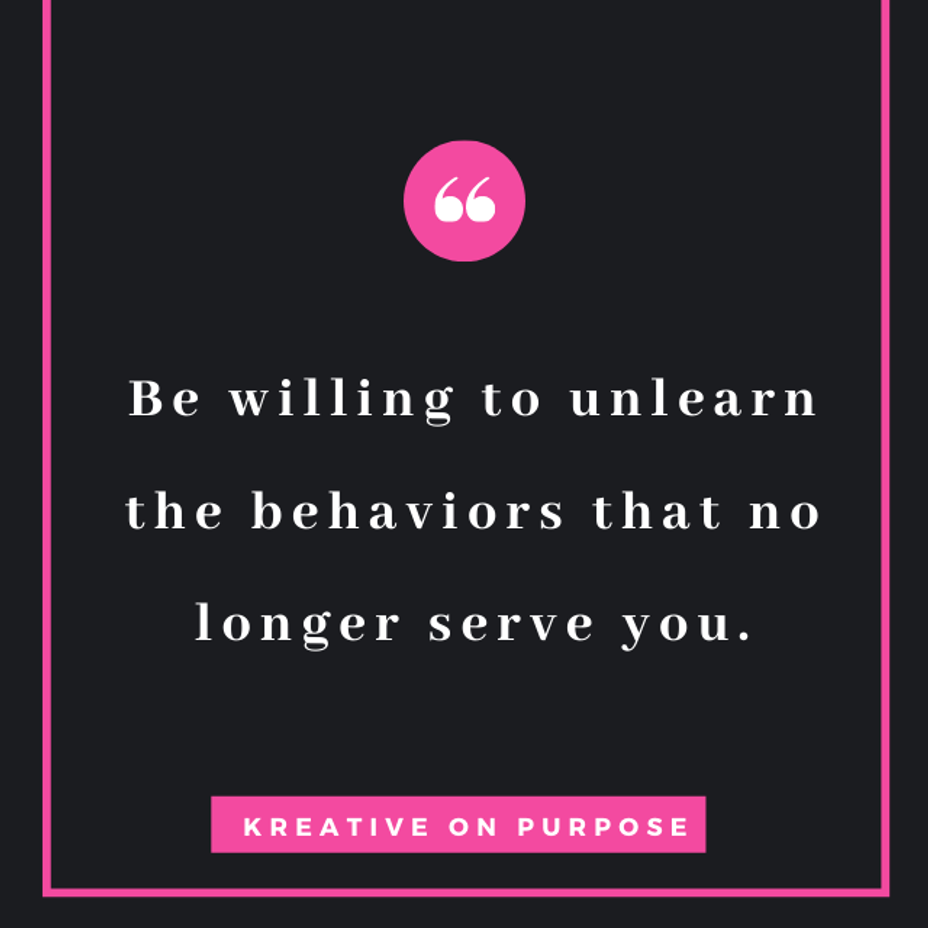
Self-Love is Possible
Are you ready to flip the script? I believe in you! Message me for an ear to hear you, a heart open to understanding, and a peer to walk alongside you on your journey to wellness. #MightyTogether #MentalHealth #ChronicIllness #Peersupport
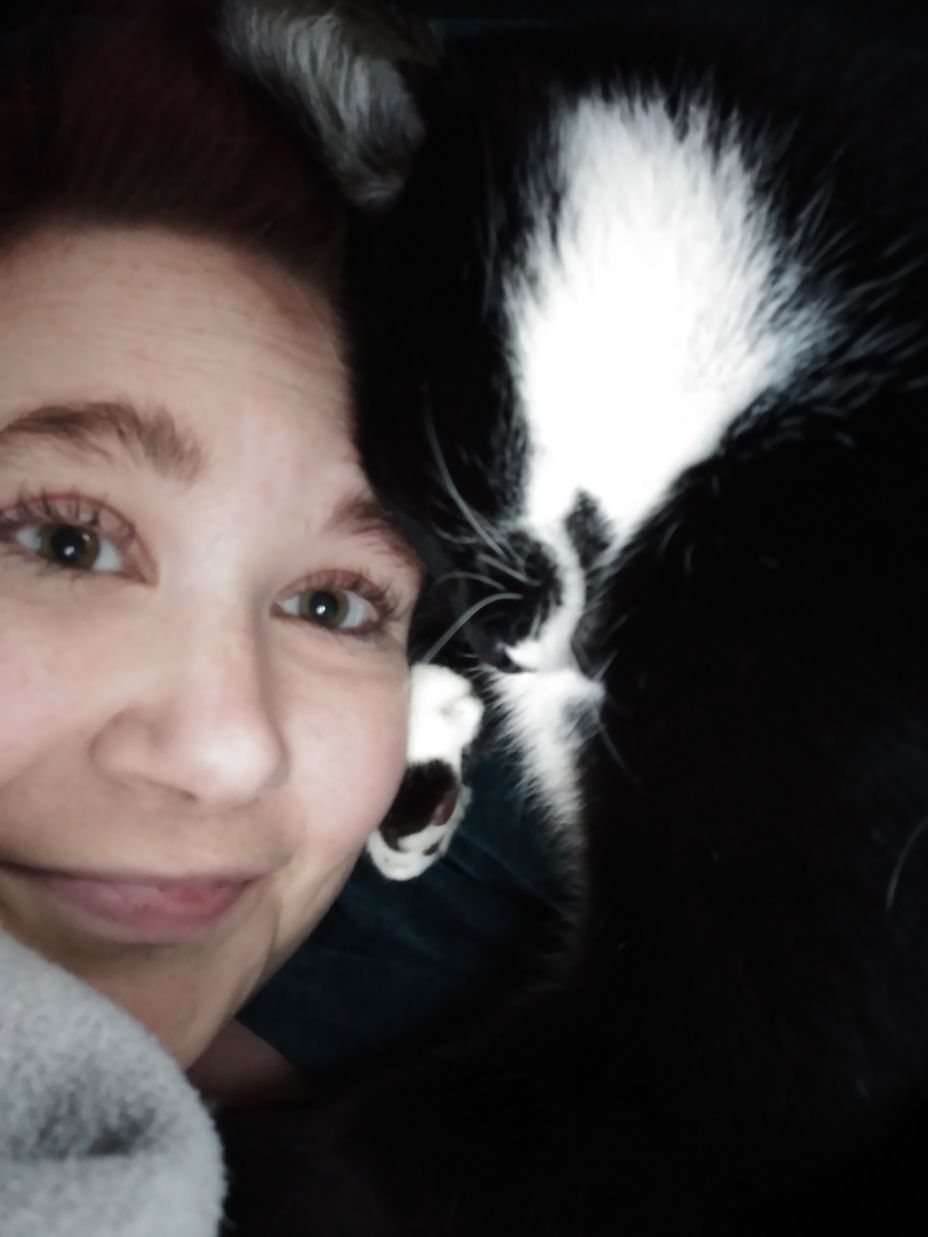
Been A Bit, Good news, though. #Peersupport #recoverymentor
So, sorry for not posting in a bit. I just haven't had it in me to do much of anything but watch FB videos and sleep.
The #cymbalta is having a few more side effects, #DryMouth is the biggest. My #Nightmares are getting to the point that I'm afraid to sleep at night. The #Insomnia is killing me. My husband is getting irritated, but trying to not get angry. Still having some bickering, though.
Good news is that I got a Recovery Mentor position at my local mental health community resource organization. I've been applying for years and this was the 3rd interview for 3 different positions. I also applied today for my Peer Specialist Certification Classes. Then I would have to take a test to get officially certified. I am hoping I get in. Otherwise, keep trying.
Was supposed to clean all day. Definitely did not. Laying in bed with 2 cats, a 2 liter of cherry Coke, and donuts. I'm pretty much laying my life away. This isn't how I want my life to be, but I can't seem to get out of this 7 month rut. I've tried so many things and I'm just out of steam. I don't have much in me to do anything but hold on. So, that is what I am doing. Just #holdingonbymyfingertips .
Hope you guys have a good weekend!
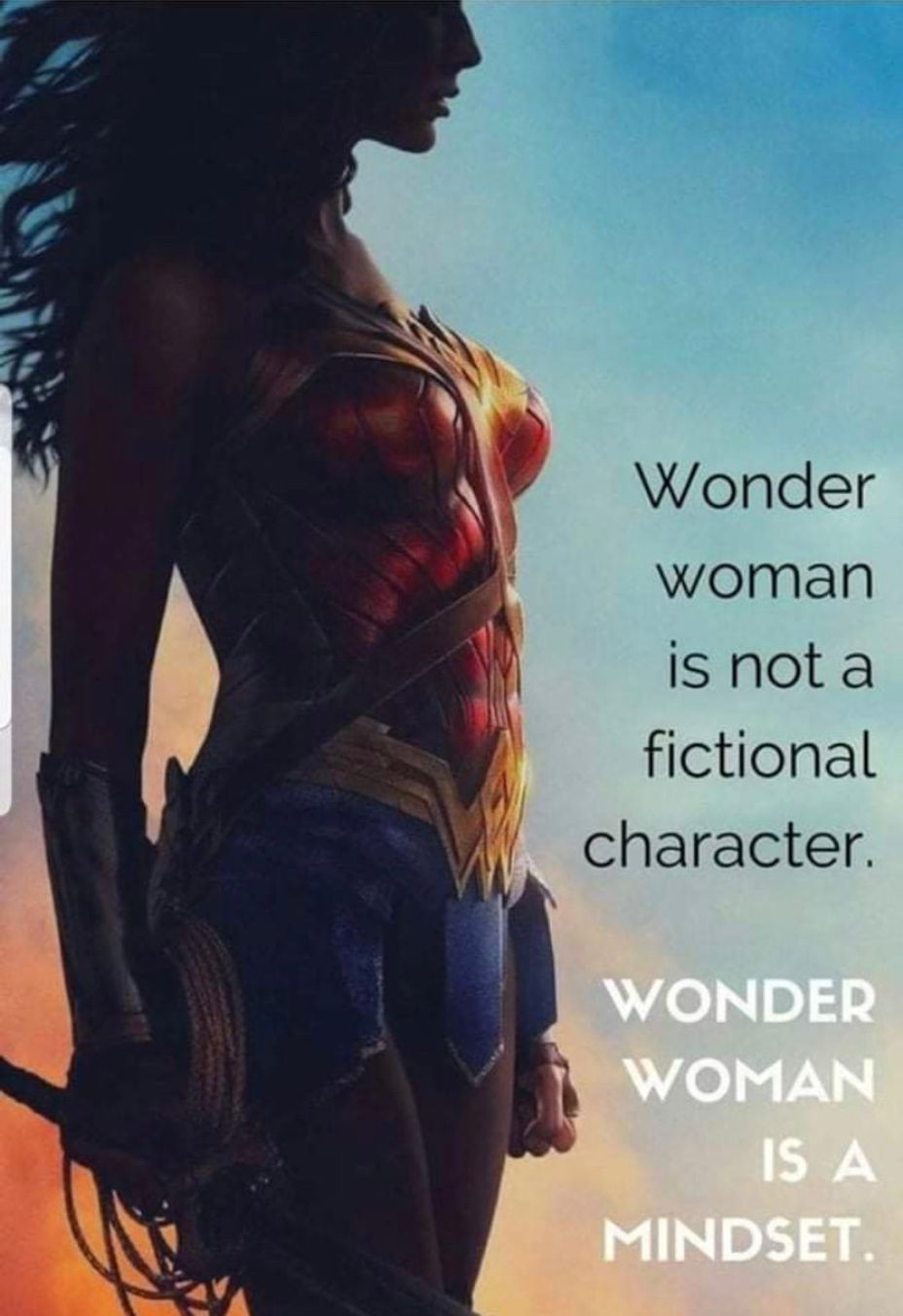
How to deal with Bore-out/Burn-out symptoms? #Burnout #Boreout #Depression #mentalhealth #Trauma #Autism #ADHD #Recovery #RecoveryBox #CheckInWithMe
Ever since the lockdown, my life has had quite the setback. I lived most of my life in social isolation and leaving my home unsupervised was prohibited. Growing up, only my parents and brother had access to a computer, own housekeys, own bankaccount and money and a phone. I had none of these untill I was 18 (only a mobile phone which I was only allowed to call to my parents. I was told to give a fake phonenumber to people I befriended with, leaving me even more isolated). I have been abused in several ways during that time untill I moved out and got help from mental health care. These events happend about nine years ago. I now have my first home where I no longer have to share certain things with or have to do something in return to get something. My whole studio belongs to me. But still, I’m recovering from a lot of traumatic events. So the lockdown has not been kind to me. It hit me right in the PTSD. Social isolation. Again. No more volunteering for three to four months. Almost ended up having a psychosis, over a year after the last one when I got clean from prescription pills (I have been sedated at home since I was ten years old thanks to my birthmother with presumingly Münchhausen by proxy, and mental healthcare professionals helped her without knowing or realising it. That is horror). Luckily I recognized the symptoms and acted accordingly, but it was nice if I had a reason to get out of my house and do something good and fun for others, and not being confronted with my past once again. My neighbors are mostly students and you know what that means. There were also a lot of incidents that happend within our community (arson, stabbingincidents, fights, suïcideattempts by my neighbors). I started looking for a new place to live again.
As life slowly started up again, so did I. But I’m dealing with a bore-out despite the things that I do to get busy and being productive again. School and my internship will be starting in about 42 day’s and I’m worried and tired. And I don’t want to be. I want to focus on having fin again and staying mindful as much as I can.
My question to you Mighties is: what is in your toolcase (WRAP) or recoverybox to cope with the aftermath of PTSD, Bore-Out/Burn-Out, depression, anxiety, tiredness or all of the above?
#ontherecoveryroad #roadofrecovery #socialworkstudent #peersupportspecialist #Peersupport #Askingforadvice #askingforinspo
